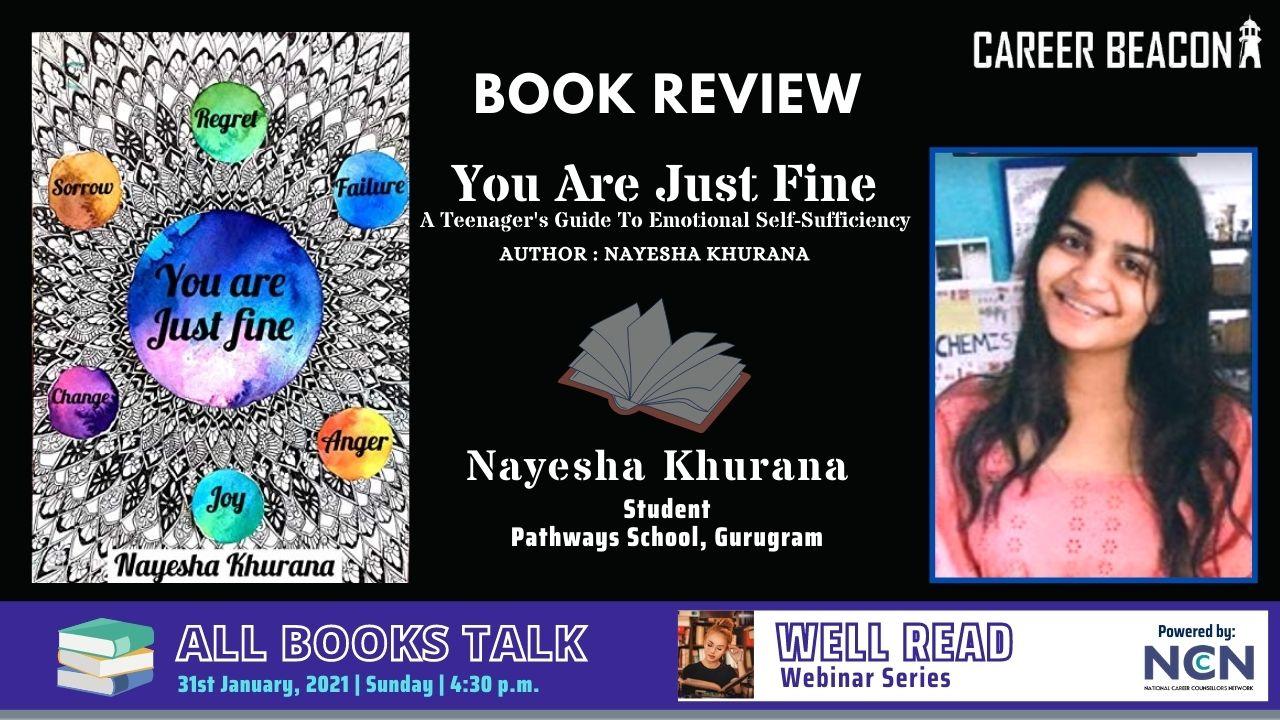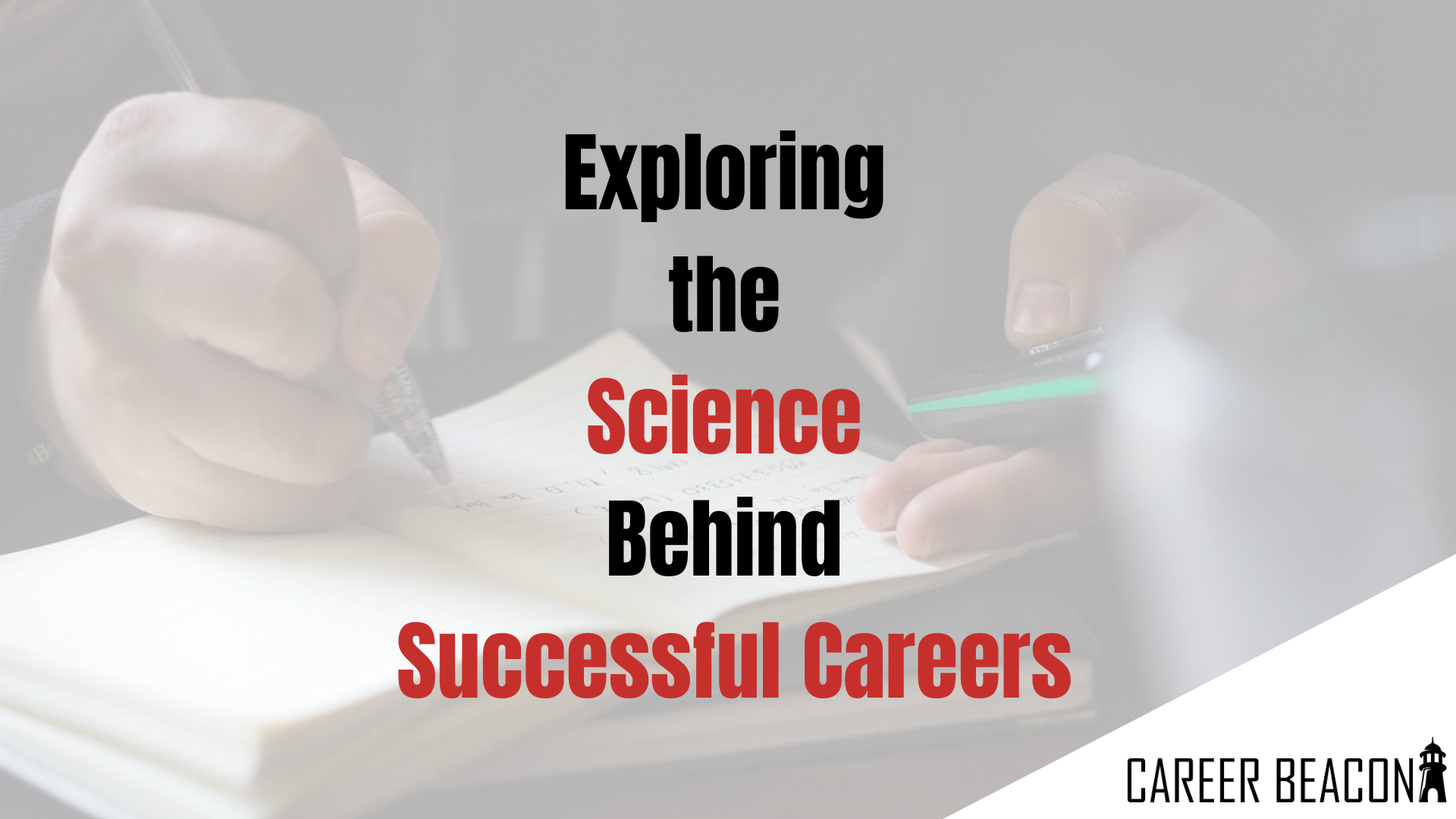
You Are Just Fine: A Teenager’s Guide To Emotional Self-Sufficiency
Today, in the good book read series episode # 7, I interacted with a 15-year-old Grade 10 student from Pathways School Gurgaon Nayesha Khurana. Besides, grappling with the final year’s academic requirements in Middle school, she sustained interest in art and storytelling through the years and used them in good school projects. An overthinker by nature often finds her self searching for deep cosmic connections in simple everyday things. She discovered Mandala art, reflective journals, and guided meditation as a coping mechanism when she went through depression two years back. Art and her growing Instagram community wrung me out of that phase last year. Her life is eventful with an eight-year-old quarrelsome brother and adorable Shih Tzu pup. Like our previous speaker Hitechha, she also strongly believes in ‘law of attraction’ and that we can attract the world’s goodness with a positive connection with ourselves.
What is a concise plot summary of the book?
Our teenage lives are nothing short of a soap opera. Turbulent emotions leading to action, comedy or tragedy are spread out in its reel. However, some stories can have parts that can alter lives and is not a pleasant way. The only way to edit our story is to have a better connection with yourself. ‘You are fine’ is a fifteen-year-old teenager’s experience, perspective and reflection on teenage years depicted through text and original handmade art. It gives a preview of the emotions that the teenagers deal with in personal life and school years. I have shared simple strategies towards becoming emotionally self-sufficient that can put teenagers on the path of emotional Self-sufficiency. The book includes five bonus reflective prompts enhanced with handmade Mandala art.
What happens & what is the Storyline.
This book is a culmination of things I have learnt after I started a relationship with myself. It focuses on three pillars – self-acceptance, self-reflection and self-love, which may help you prepare for the ‘real world’ out there. Includes first-hand tested and tried coping mechanisms. The positive affirmations emerged out of my personal experience and a journey of how I tried to understand my emotions and live a much peaceful present. It may be that things that worked for me may not work for you. However, there is also a 50% chance they would, and if they do, I would have added some value to improving your relationship with your inner self. With the constant daily struggles, problems that keep re-emerging, memories which return each day to haunt and the anxiety about future, here is another perspective for you, that might give you a fresh start, who knows enough to bring a positive change in your life!
Why did you write the kind of book you wrote?
The idea of this book emerged during the quarantine. I was going through a tornado of emotions. I realized that I was heavily dependent on external situations and people to make me feel a certain way and solve my feelings. That’s when I discovered the concept of emotional self-sufficiency. Emotional self-sufficiency isn’t just independently handling your emotions, and it means being independent of your feelings and not letting it guide your entire day or significant decisions. Being in a situation where you completely detached from the world, I felt that it was best to go through some self -improvement in terms of independence, having a positive attitude and motivation in a way that increases my self-confidence. So, I began exploring common feelings teenagers go through mostly due to media exposure and looking for possible solutions.
Does this book you wrote come from your childhood?
Ever since I was a child, I have wanted to author my book. I used to make paper books with a cover, illustrations, staple the pages, and never completed it, but writing a book became a part of my bucket list. Going through an enjoyable middle school experience, I discovered many things about myself and people around me. My insecurities and problems are what pushed me to write this book.
Is writing easy for you? Do you feel lonely being a writer?
When I went through self-improvement to get ideas for my book, it was mostly in isolation. Simultaneously, it felt lonely when I spent benefitted me because I emerged out of it as a healthier and more self-aware person and formed deeper friendships and relationships connecting with people better. Writing isn’t easy because what you write one day could be something you hate the next day. There is always a way you can improve, and it puts you in a loop where you keep editing it until you have to stop yourself because it needs to get published.
Do you try to write without expressing your own opinions?
This book was personal as it talked about my middle school journey, so most of this book contained my subjective opinion and facts that I researched upon which supports these claims. The illustrations, problems, anecdotes in this book came from my personal opinion.
How do you feel when someone disagrees with something you have written?
Since I’m talking about something I feel coming as a personal opinion, I think its fair for people to have their idea and disagree with something because the things I’ve learnt is based on the incidents that have happened in my life. Maybe they have different experiences which shape different beliefs.
How do you make sure the information for your non-fiction books is accurate and up-to-date?
Being a teenager exposed to media and listening to my friends’ problems, I made sure to pick up relatable up to date contexts involving social media and how it affects self-image along with academics. As for accuracy I read 5-6 non-fiction books on mental health, went to several websites, saw 2-3 documentaries, and ted- talk videos to understand information and present it in my way.
When you began writing this book, do you know what the ending will be?
The ending part of my book contained a letter to a teenager I wished I had when I was a teenager and some reflective prompts and illustrations that teenagers could ponder. I didn’t think of this as the ending. However, while I was editing my book the second time I thought of ending it with a friendly letter that made the reader feel good about themselves and thought the reflective prompts could actively interact with the things they learned.
You’re a grown-up, so how can you write about things that happened to you a long time ago?
I feel like the things that happened a long time ago stick with you if not resolved. When I was in this self-reflection period, I learned about insecurities I didn’t even know I had that stemmed from childhood. Meditation and mindfulness helped me recall these, understand why it hurt and write about them.
How long does it take to complete one of your books?
While I had a shorter deadline to complete it and it took 2-3 months to write, this book has been brewing in me for five years and has experienced from there.
If you could give the book another title, what would it be?
Patience, you’ll be fine.
Are there any characters in this book?
No characters
What do you wish was different about the ending?
I wish I could incorporate 21 prompts instead of 5 however them being coloured illustrations I had to limit the ones I included.
Would the book make a cool movie? Video game? TV show?
I see this book as something I could talk about in a documentary or ted talk however it would be nice to see a tv show/ movie about a teenager going through the problems discussed in the book, finding solutions a little like how my life went.
Imagine some other author wrote this book, what would be one thing you could ask the author if you could talk to him or her?
As the author, I would like what they went through, their story, and how they are doing now, about six months after penning the book.


